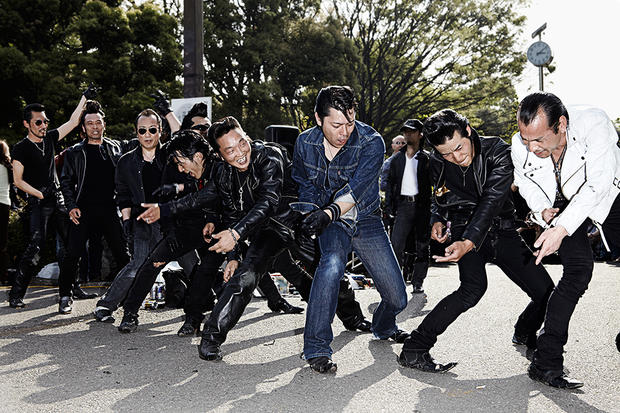
The Rise of the Rockabilly, Baby
American Radio broadcasts to the troops gave the Japanese their first taste of American Greasers and Rockabilly music. Army Sergeant Ted Clemens introduced the people of Kyoto and Osaka to hillbilly and cowboy music in 1946-47 (Furmanovsky, 2008). This generated interest in various young musicians who started to emulate the style. The simple English lyrics, melodies, and the American flavor appealed to young Japanese men. These men would later become rokabiri after American rock ‘n’ roll entered the mix. Yep, think Elvis Presley (Fumanovsky, 2008; 2014).
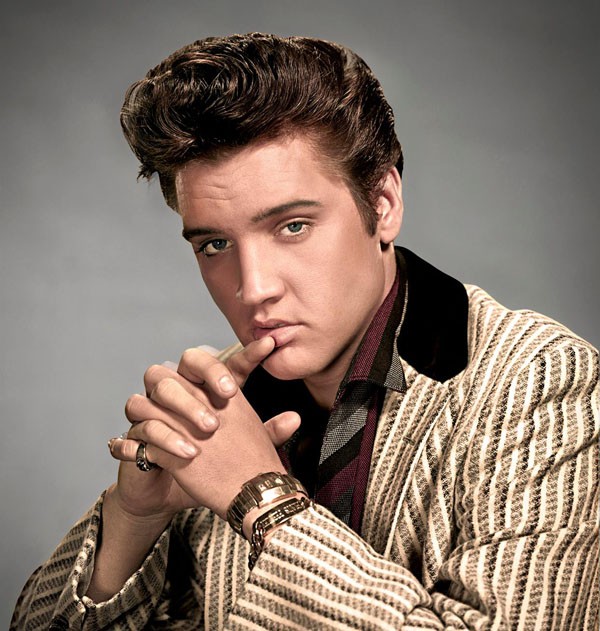
The word rockabilly comes from smashing “rock” with “hillbilly” (Tulane, n.d.). Pretty much like how Elvis smashed rock with southern American music to make the rockabilly sound.
The Japanese musicians tried to emulate the sound down to southern drawl (Furmanovsky, 2008). Now, consider the challenge of this. Learning to speak (sing) English AND sing it in a southern accent. The groups, like Chuckwagon Boys, managed to become popular with both GIs and other rockabillies despite the challenge (Furmanovsky, 2014).
Just as Greasers were considered degenerate, the rokabirizoku (rockabilly gangs) were considered degenerate. Yamashita Keijirou and Micky Curtis were among the most popular singers and made Japanese media pay attention. The two singers found themselves the target of groupies. Japanese teen boys would drag them from the stage in excitement and girls would throw stolen toilet paper on stage. Western Carnival, the trio that included Keijirou and Curtis along with Hirao Masaaki, drew large crowds of toilet paper flingers. Ironically, the trio were shocked by the behavior as well. Masaaki was Japan’s new Elvis-style performer. The combination of music, groupies, and stolen TP started a backlash that would kill the rockabilly music movement (Furmanovsky, 2014).
The End of Rockabilly Music, Baby
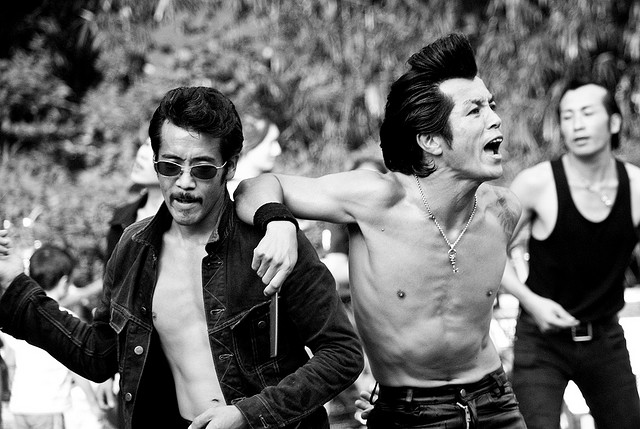
However, the element that shove the genre into a niche was the music companies. The shifts in politics created an interest in popular culture and family friendly images. Music goes where the money is. In 1958, in an interview with Hirao Masaaki, the rokabiri star spoke with a reporter who would write a hit pop song. The rokabiri turned pop. The song sold more than any of rokabiri song. Pop became the music genre. Kawaii also entered the fray. (Furmanovsky, 2014). To state the obvious, kawaii won.
The Japanese covers of English songs mainly exists for fans of the 60+ age group (Furmanovsky, 2008). However, the rokabiri look continues on.
It’s all in the Pompadour, Baby
In Tokyo, there is a club where the greased hair and pompadour shine and tower proudly. For 30 years, the Tokyo Rockabilly Club gathered in Yoyogi Park to dance and sing of their love of 1950s American culture. ( CBS News, 2014).
Think the movie Grease, only Japanese. Here is a video:
The big hair style is called a pompadour, and it used to be a lady’s hair style. The oil slick hair was just slicked back hair without much of a name to it. Although slickers was another name for greasers. In any case, the guys could change their car’s oil by rubbing their head on the engine.
The towering pompadour hair style was named after Jeanne-Antoinette Piosson (1721-1764), the Marquise of Pompadour. As a mistress of King Louis XV, Miss Pompadour created a fashion statement that involved wire and straw (or fabric). Ladies would frizz their hair and stuff it full of straw or fabric to make it tower over them. The pompadour became a symbol of wealth and status – it grew taller and more embellished over time (Sherrow, 2006).
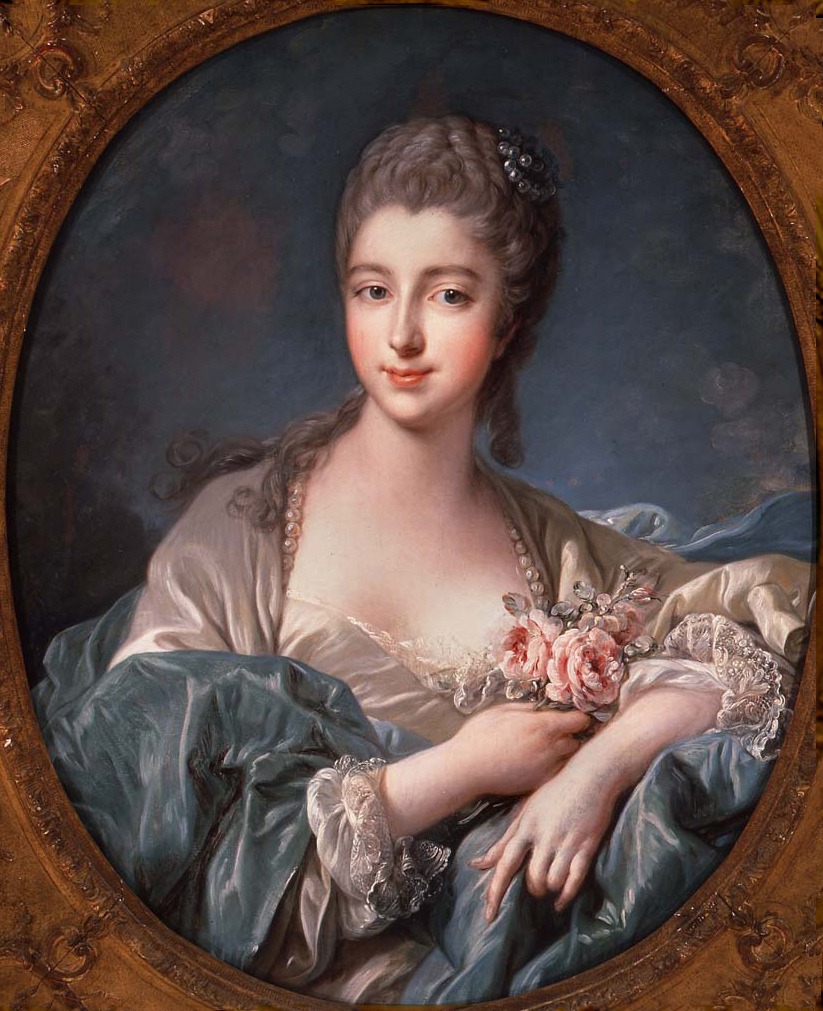
The pompadour involved rats. Yep, rats. They would take the furry rodents and…. just kidding. Rats was the name for the padding and false hair that poofed the hairstyle in the 1800s (Sherrow, 2006). Women and men literally had rats in their hair! Maybe the fake hair was made from rats?
The pompadour, as we think of it, with all the greasy sheen was worn by Elvis Presley, Marlon Brando, and James Dean (Sherrow, 2006). This is the pompadour the Tokyo Rockabilly Club rocks. Although some of the pompadours rival that of France and Victorian England:
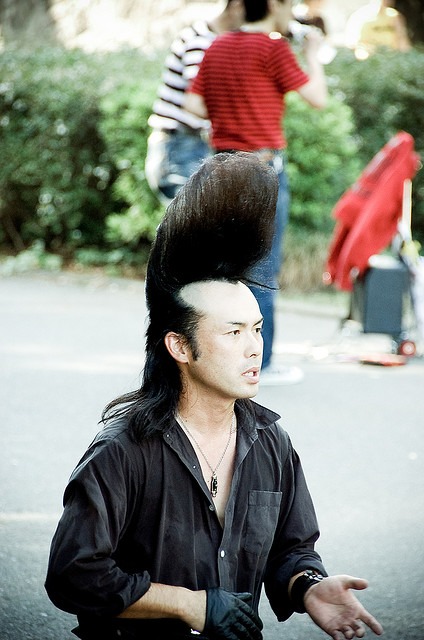
Over time, rockabilly morphed from a music movement grounded in the tradition of American western to a fashion style found at Harajuku. Rockabilly styled characters appear time to time in anime, with Space Dandy being one of the most overt rokabiri.
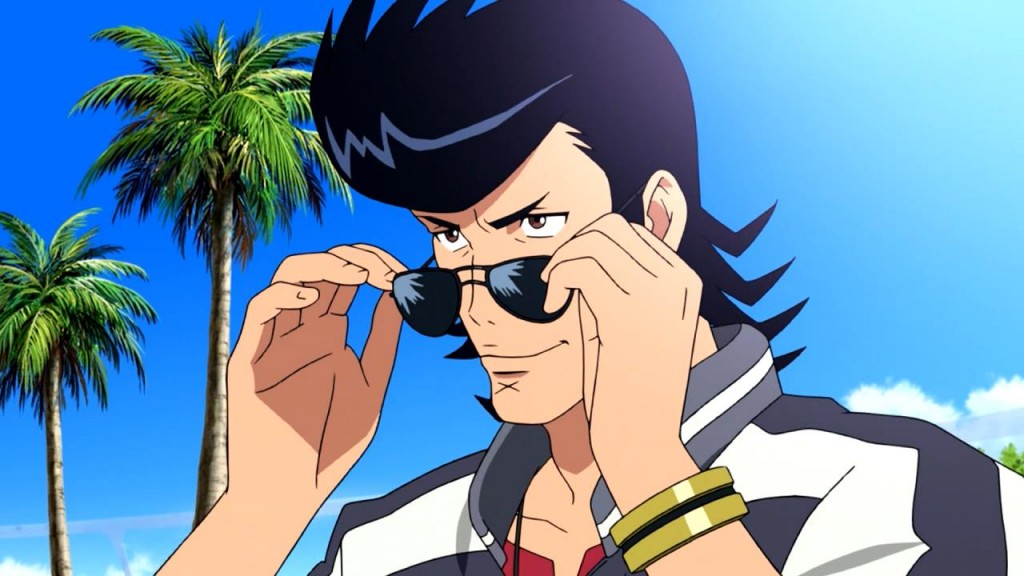
The music of rockabilly may be mostly forgotten. Groups like the Tokyo Rockabilly Club and anime like Space Dandy will continue to preserve the style and feel of 1950s America and Japan.
References
CBSNews (2014). Tokyo’s Rockabilly Scene. http://www.cbsnews.com/pictures/tokyos-rockabilly-scene/
Furmanovsky, M. (2008). American Country Music in Japan: Lost Piece in the Popular Music History Puzzle. Popular Music and Society 31 [3]. pp. 357-372.
Furmanovsky, M (2014). “Rokabiri, Student Radicalism and the Japanization of American Pop Culture, 1955-60. https://www.academia.edu/7619226/_Rokabiri_Student_Radicalism_and_the_Japanization_of_American_Pop_Culture_1955-60
Sherrow, V. (editor) (2006) Encyclopedia of Hair: A Cultural History. p.309-310.
Spacey, J. (2012). Why Harajuku Rocks on Sunday Afternoon. http://www.japan-talk.com/jt/new/why-harajuku-rocks-on-sunday-afternoons
Tulane (n.d.) Rockabilly. http://musicrising.tulane.edu/discover/themes/29/Rockabilly.

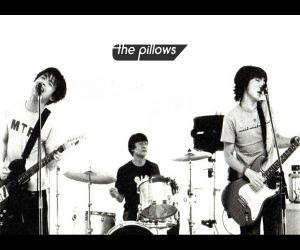
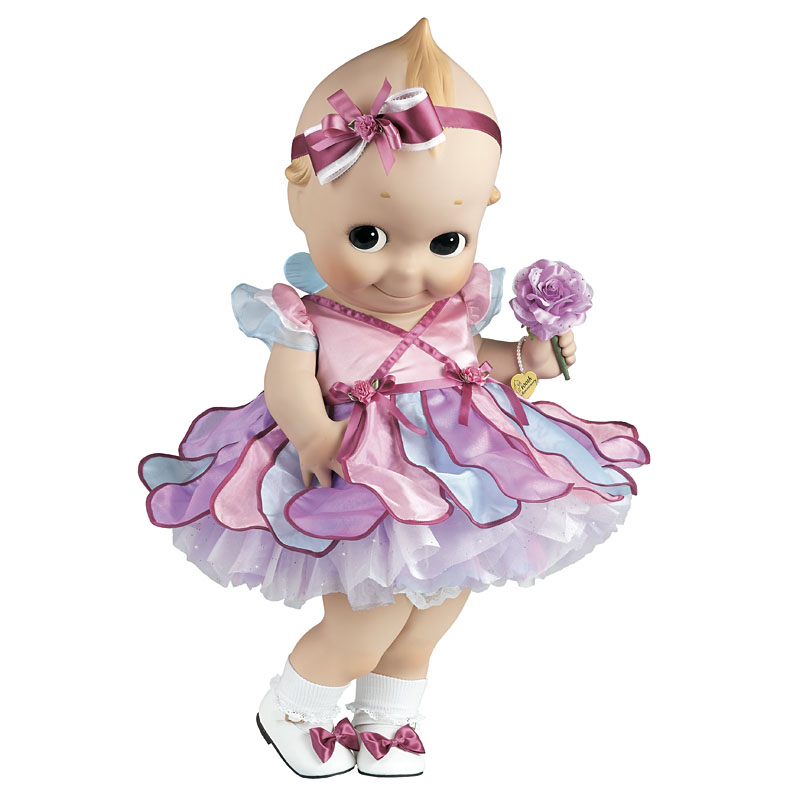
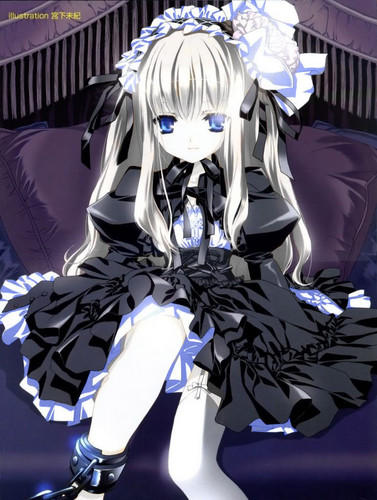
Thanks for another great post, baby.